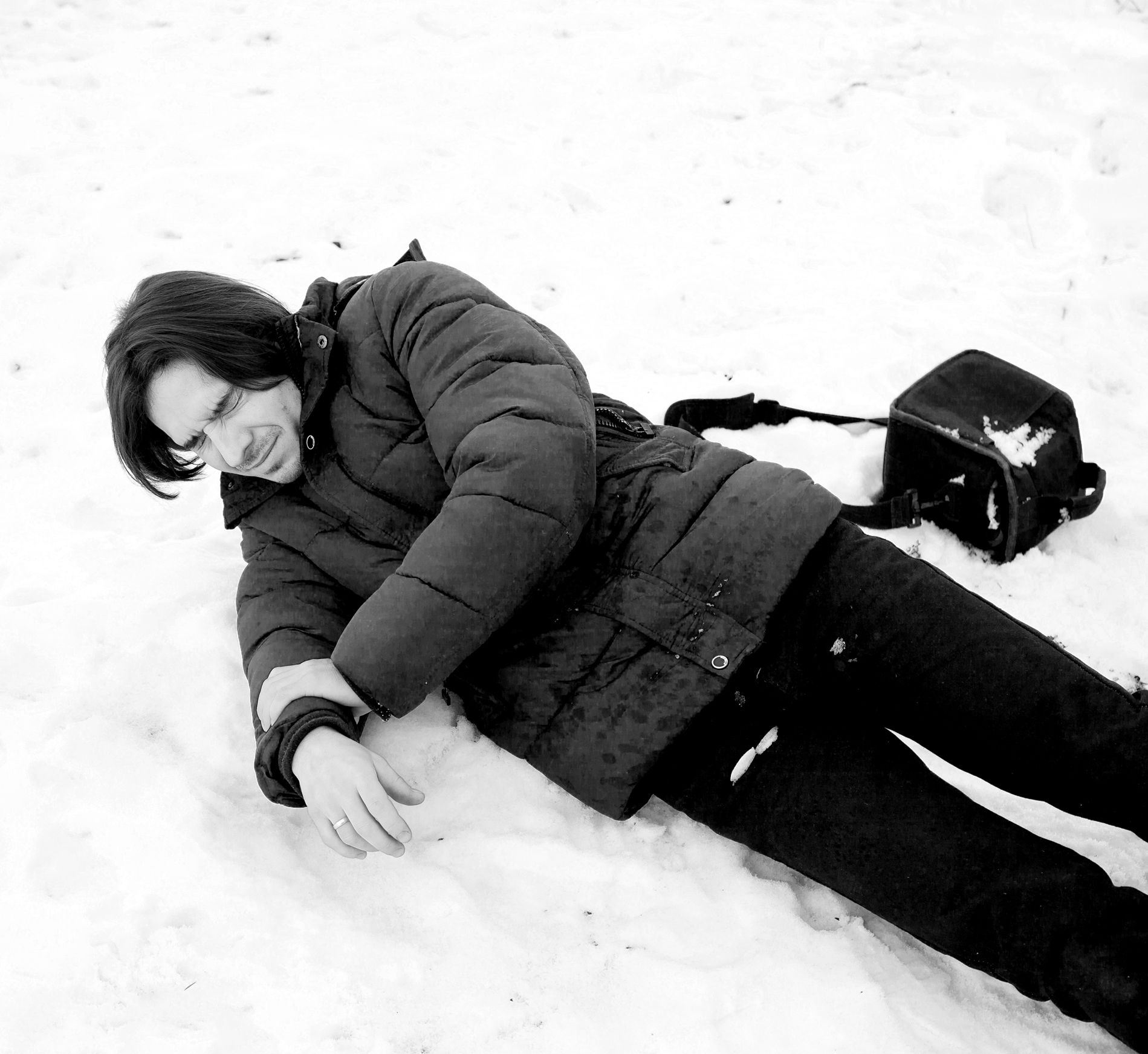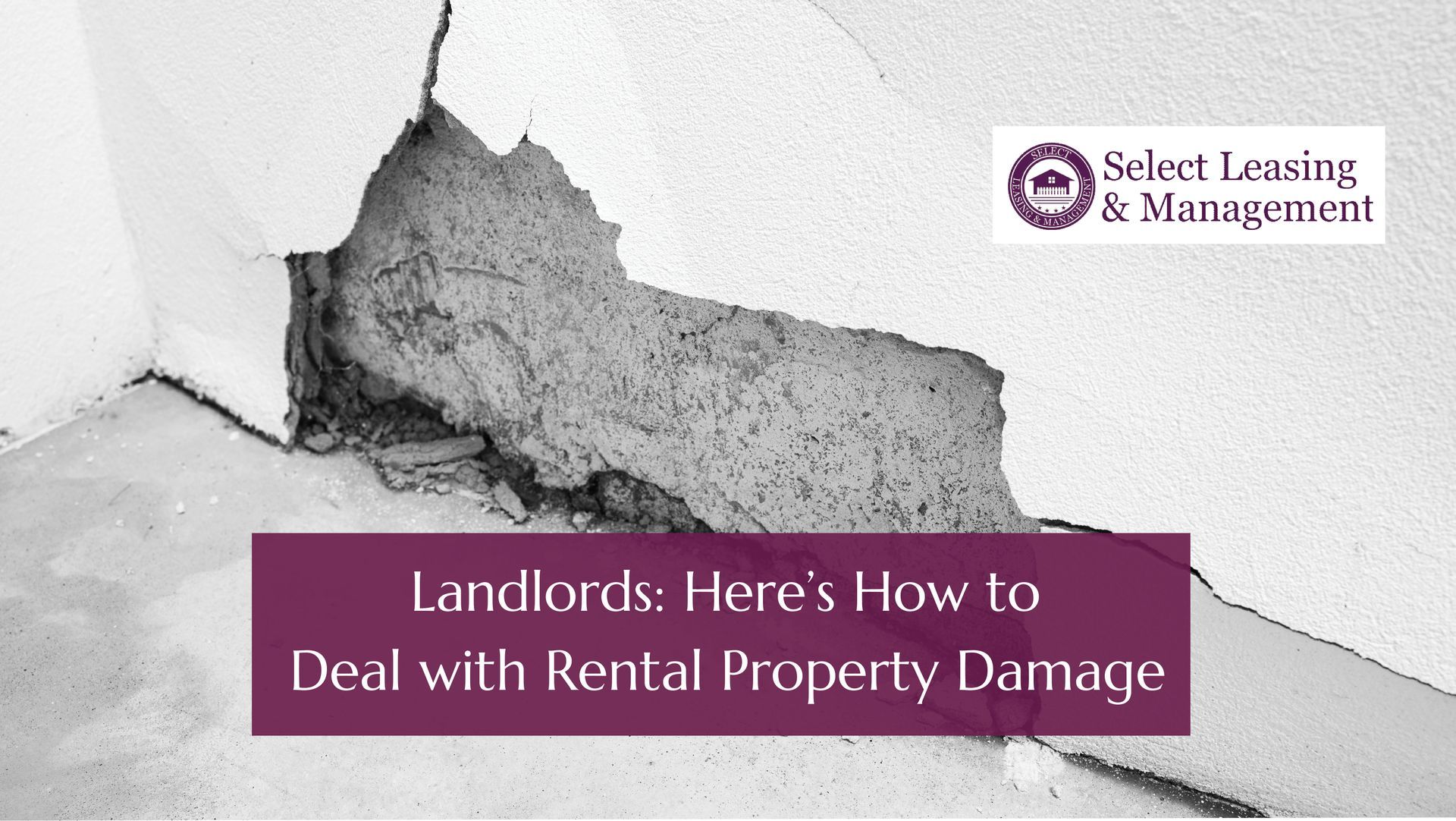Winter in the Midwest can be unpredictable. Chances are if you own rental property in Illinois or Missouri, you experienced the headache firsthand this past January. It can be nearly impossible to keep up with snow and ice on property steps and sidewalks while also performing routine landlord tasks. But if hazards aren’t cleared away promptly, you can set yourself up for a slip and fall lawsuit.
What many property owners don’t realize is that hiring a property manager can offer great peace of mind and relieve the stress of worrying about tenants falling. We’ll tell you why having a partner on hand is well worth the investment.
Can a Tenant Sue a Landlord After a Slip and Fall Accident?
Landlords have a
legal obligation to keep rental properties safe for tenants. If lack of maintenance or failure to notice a dangerous situation leads to a tenant slipping and falling, the landlord can be found liable for a tenant’s injuries as well as their lost wages and related expenses.
To file a rental property lawsuit, the claimant must prove that the fall was due to the property owner’s negligence. Generally, a landlord can be sued in the following situations:
- The slipping hazard was in a common area such as a sidewalk, stairway, or shared facility like the lobby or laundry room.
- A fall within a rental unit was due to maintenance neglect. Generally, a tenant can’t sue if they slip inside their unit due to a hazard they created, such as on a loose rug or spilled drink. But a tenant could sue after slipping on water from a leaky toilet or dishwasher that the landlord knew about but did not address in a timely fashion.
- The landlord knew about the hazard and did not fix it in a reasonable time frame. Both Illinois and Missouri laws require repairs to be made within 14 days of notification by a tenant.
- The landlord knew about the hazard but did not place warning signs or barriers to prevent tenants from entering the dangerous area.
- The landlord failed to have regular safety inspections, and a safety code violation caused the tenant to fall.
How a Property Manager Can Help Prevent Lawsuits
Fixing fall hazards and responding to maintenance requests must become a priority to avoid being sued. Hiring a property manager makes sense for a number of reasons:
They Can Get to the Property Quickly
Landlords who own multiple properties, have another job, or who live far away from the rental property can’t always respond immediately to emergencies. Property managers typically work on-site or have staff that is on call around the clock for emergencies and reacting to hazards. If the issue can’t be fixed right away, they can at least place caution tape over a broken stair railing, or a Wet Floor sign over a slippery area to warn tenants of potential dangers.
They Make Fall Prevention a Priority
Because keeping the property safe is a big part of their full-time job, property managers take a proactive approach to prevent falls. Spreading salt on the sidewalks when snow is in the forecast; fixing uneven walking surfaces as soon as concrete begins to sink; and burying electrical cords
before they cause someone to trip. These are all things landlords might not think about but that property managers are trained to watch for.
They Make Repairs and Have Great Relationships with Trusted Vendors
Property managers have plenty of knowledge and
experience with handling repairs, so they have the tools on hand to fix hazards like a loose step or faulty handrail. If the repair doesn’t fall in their wheelhouse, they have excellent relationships with plumbers, electricians, and other local specialists and vendors they can call upon when needed. Let’s say a leaky roof has progressed to leaky ceilings, causing water to drip into a tenant’s unit. That roof needs to be patched right away to avoid a slip and fall lawsuit. Property managers know plenty of reputable roofers in the area who can do the job quickly and prevent tenant injuries.
They Schedule Routine Inspections
Before tenants move in and periodically throughout their lease, property managers perform
walkthrough inspections of units to look for conditions that could be unsafe. In addition, property managers know to schedule occupancy
inspections with the city or county where the property is located. Having proof on file that the property is up to code can prevent tenants from suing a landlord.
They Prepare Lease Agreements that Minimize Slip and Fall Lawsuits
When a tenant signs a lease, they agree to all of the rules, regulations, and expectations in it. Property managers are highly skilled at
preparing lease agreements that protect the property owner in slip and fall situations.
A solid lease answers critical questions when it comes to spelling out landlord vs. tenant liabilities, including:
- Who is responsible for snow removal? If the lease says the tenant is and the tenant sues a landlord after slipping on a snowy sidewalk, the lease is proof that the landlord is not at fault.
- Can tenants make repairs themselves, and what process must they follow to do so? If a tenant attempts to fix a washing machine but water leaks all over the floor and they slip, they can’t sue a landlord if the lease says no repairs can be made without written permission.
- What is the typical response time for repairs? If the landlord was made aware of a needed repair one week ago but the lease spells out that he has two weeks to fix the issue, a tenant can’t sue.
Property managers also know to include a clause in the lease stating that the tenant is responsible for the prompt reporting of potential hazards like spills or uneven surfaces, and that the landlord will make reasonable efforts to repair them within a specified timeframe. That way, the tenant isn’t completely off the hook if they were aware of the danger and didn’t tell anyone.
Hiring a Property Management Company Can Take a Lot of Legal Weight Off of Your Shoulders
For decades,
Select Leasing & Management has been keeping tenants safe throughout the St. Louis area. Landlords hire our property managers to keep up with maintenance on their properties and take care of hazards quickly. Not only does this protect the tenants, but it also keeps landlords out of legal trouble. Our team is knowledgeable about
Missouri and
Illinois premises liability laws, and we will do everything in our power to protect your investment. Contact us today to relieve some of your stress.












